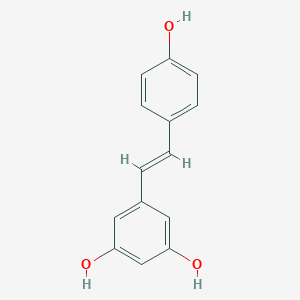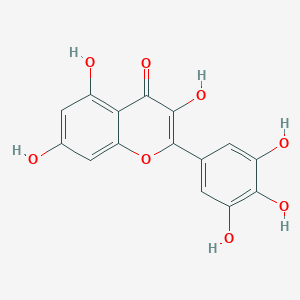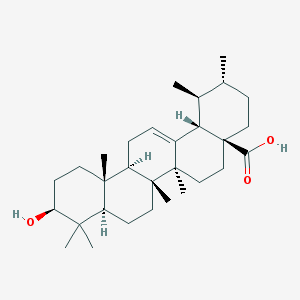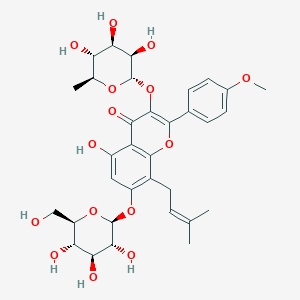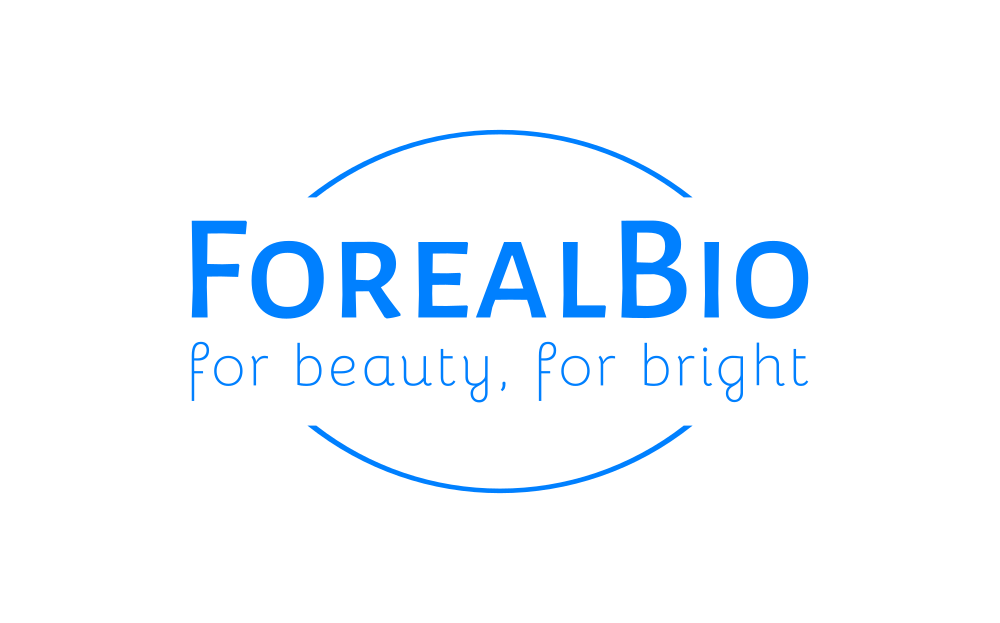Description
Resveratrol (3,5,4′-trihydroxy-trans-stilbene) is a stilbenoid, a type of natural phenol, and a phytoalexin produced by several plants in reaction to injury or when pathogens such as bacteria or fungi attack the plant. Resveratrol can be found in grape skin, blueberries, strawberries, and mulberries. Resveratrol stimulates phase II drug-metabolizing enzymes (anti-initiation activity), mediates anti-inflammatory effects and inhibits cyclooxygenase and hydroperoxidase functions (anti-promotion activity), and stimulates promyelocytic leukemia cell differentiation (anti-progression activity), exhibiting activities in three major steps of carcinogenesis. This agent may inhibit TNF-induced NF-kappaB activation in a dose- and time-dependent way.
Benefits of Resveratrol
- Antioxidant Properties: Resveratrol is known for its antioxidant effects, which help protect cells from damage caused by free radicals. This is crucial in preventing oxidative stress, which is linked to various chronic diseases.
- Heart Health: Studies suggest that resveratrol may improve heart health by reducing inflammation, lowering LDL (bad) cholesterol levels, and preventing blood clot formation.
- Anti-Aging Effects: Some research indicates that resveratrol may influence genes associated with aging and longevity, potentially slowing down the aging process.
- Cancer Prevention: There is evidence to suggest that resveratrol might help prevent cancer by inhibiting the growth and spread of cancer cells and inducing cancer cell death.
- Diabetes Management: Resveratrol may help improve insulin sensitivity and reduce complications associated with diabetes.
Applications and Main Usage
- Dietary Supplements: Resveratrol is widely available as a dietary supplement, often marketed for its anti-aging and heart-health benefits.
- Cosmetics and Skincare: Due to its antioxidant properties, resveratrol is used in various skincare products, including creams and serums, to protect the skin and reduce signs of aging.
- Food and Beverage Industry: Resveratrol is sometimes added to foods and beverages for its health benefits, though naturally occurring resveratrol is most commonly associated with red wine.
- Research and Medicine: In the medical field, resveratrol is the subject of ongoing research, particularly in areas related to aging, cancer, heart disease, and neurological disorders.

